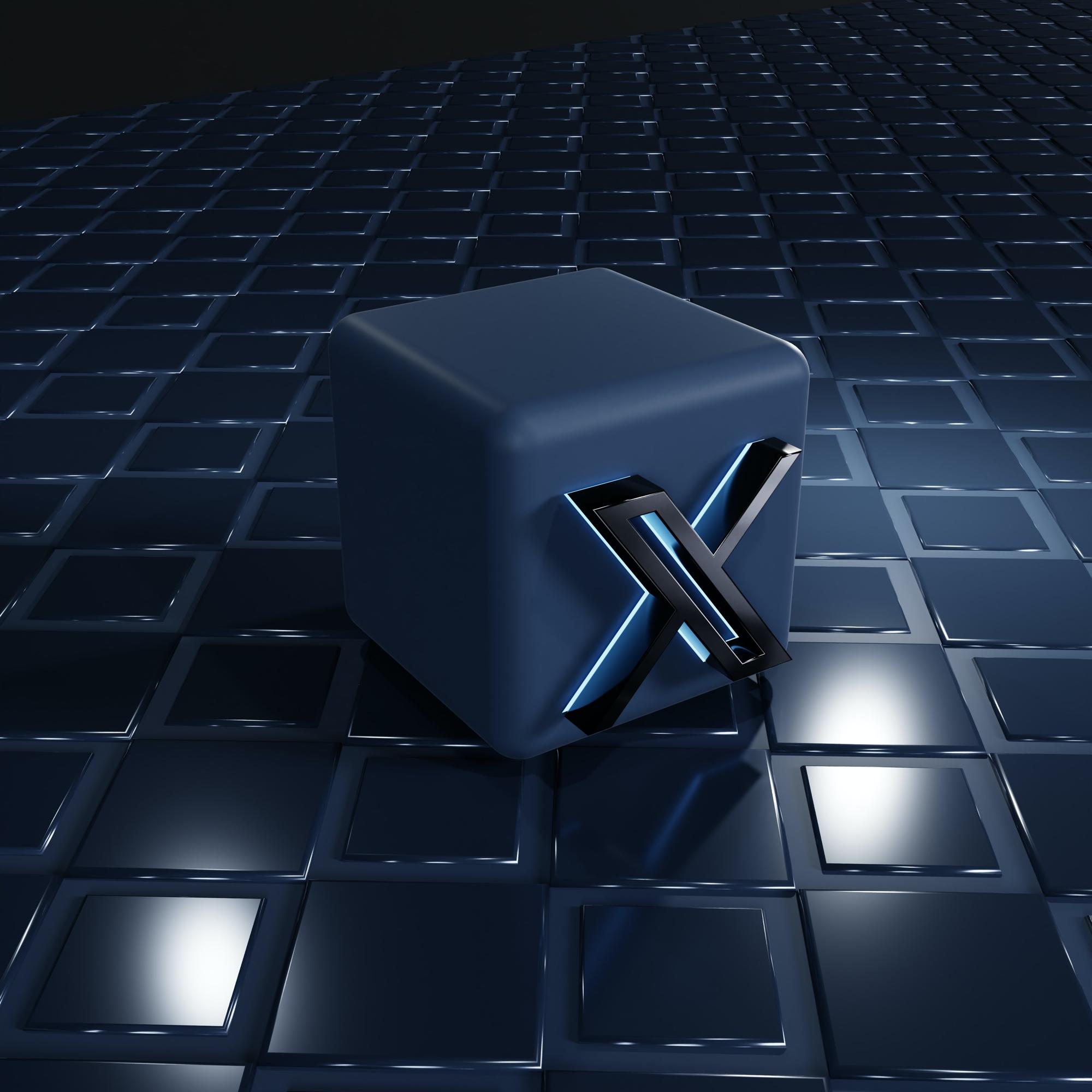ChatGPT, the artificial intelligence (AI) platform launched by research company Open AI, can write an essay in response to a short prompt. It can perform mathematical equations – and show its working.
ChatGPT is a generative AI system: an algorithm that can generate new content from existing bodies of documents, images or audio when prompted with a description or question. It’s unsurprising concerns have emerged that young people are using ChatGPT and similar technology as a shortcut when doing their homework.
But banning students from using ChatGPT, or expecting teachers to scour homework for its use, would be shortsighted. Education has adapted to – and embraced – online technology for decades. The approach to generative AI should be no different.
The UK government has launched a consultation on the use of generative AI in education, following the publication of initial guidance on how schools might make best use of this technology.
In general, the advice is progressive and acknowledged the potential benefits of using these tools. It suggests that AI tools may have value in reducing teacher workload when producing teaching resources, marking, and in administrative tasks. But the guidance also states:
Schools and colleges may wish to review homework policies, to consider the approach to homework and other forms of unsupervised study as necessary to account for the availability of generative AI.
While little practical advice is offered on how to do this, the suggestion is that schools and colleges should consider the potential for cheating when students are using these tools.
Nothing new
Past research on student cheating suggested that students’ techniques were sophisticated and that they felt remorseful only if caught. They cheated because it was easy, especially with new online technologies.
But this research wasn’t investigating students’ use of Chat GPT or any kind of generative AI. It was conducted over 20 years ago, part of a body of literature that emerged at the turn of the century around the potential harm newly emerging internet search engines could do to student writing, homework and assessment.
We can look at past research to track the entry of new technologies into the classroom – and to infer the varying concerns about their use. In the 1990s, research explored the impact word processors might have on child literacy. It found that students writing on computers were more collaborative and focused on the task. In the 1970s, there were questions on the effect electronic calculators might have on children’s maths abilities.
In 2023, it would seem ludicrous to state that a child could not use a calculator, word processor or search engine in a homework task or piece of coursework. But the suspicion of new technology remains. It clouds the reality that emerging digital tools can be effective in supporting learning and developing crucial critical thinking and life skills.
Get on board
Punitive approaches and threats of detection make the use of such tools covert. A far more progressive position would be for teachers to embrace these technologies, learn how they work, and make this part of teaching on digital literacy, misinformation and critical thinking. This, in my experience, is what young people want from education on digital technology.

Ground Picture/Shutterstock
Children should learn the difference between acknowledging the use of these tools and claiming the work as their own. They should also learn whether – or not – to trust the information provided to them on the internet.
The educational charity SWGfL, of which I am a trustee, has recently launched an AI hub which provides further guidance on how to use these new tools in school settings. The charity also runs Project Evolve, a toolkit containing a large number of teaching resources around managing online information, which will help in these classroom discussions.
I expect to see generative AI tools being merged, eventually, into mainstream learning. Saying “do not use search engines” for an assignment is now ridiculous. The same might be said in the future about prohibitions on using generative AI.
Perhaps the homework that teachers set will be different. But as with search engines, word processors and calculators, schools are not going to be able to ignore their rapid advance. It is far better to embrace and adapt to change, rather than resisting (and failing to stop) it.![]()
Andy Phippen, Professor of IT Ethics and Digital Rights, Bournemouth University
This article is republished from The Conversation under a Creative Commons license. Read the original article. (https://theconversation.com/chatgpt-isnt-the-death-of-homework-just-an-opportunity-for-schools-to-do-things-differently-205053)










